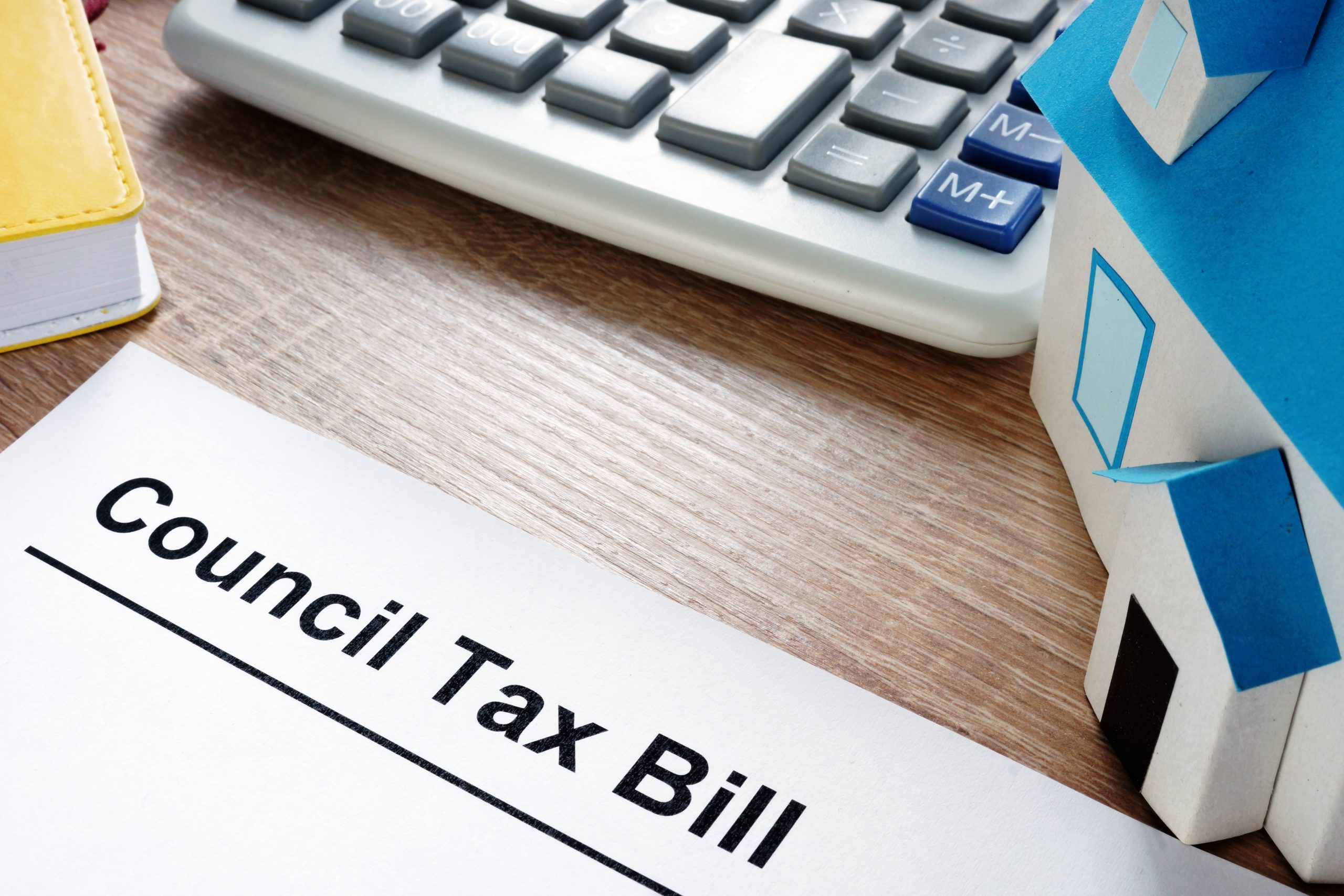Household Bills
Council tax would need to rise 20% to fill funding gap

Local authorities are facing additional financial pressures which weren’t in their budgets this year. To fill the large funding gaps, council tax would need to be hiked by 20% over the next two years.
Inflation, demand pressures and an increase to the National Living Wage has heaped extra financial pressure on local councils since their budgets were set in March.
As part of the Local Government Association survey of councils, it found many were planning to use reserves and make cutbacks to services to plug their funding gaps.
However, there are not enough reserves to continue plugging these funding gaps in future years “as they can only be spent once”, the LGA said.
Its analysis found that the combined effect of inflation, minimum wage rises and increasing demand will lead to a £3.4bn funding gap in 2023/24, rising to £4.5bn in 2024/25.
The LGA said even if council cut all spending on cultural and leisure services such as libraries, swimming pools, open spaces, waste collection and trading standards, they would still not have saved enough money.
While it’s “inevitable” that cuts to some essential services – which they legally need to provide – will need to be made, the LGA warned that if the government doesn’t provide adequate funding, “councils will be unable to protect even these vital services from cuts”.
And it said that plugging these gaps by increasing council tax simply won’t cover it all. If they did implement council tax hikes, “councils would need to put up council tax by more than 20% over the next two years”, it said.
The LGA added: “This is neither sustainable nor desirable given the current cost-of-living crisis”.
‘Vital services face an existential crisis’
James Jamieson, LGA chairman, said: “Local government remains the fabric of our country but many of the vital services we provide face an existential crisis. Inflation is not going to come down overnight; reserves can only be spent once and a local service cannot be cut twice.
“Rising demand for services – and the extra costs to provide them – means that even having the same funding next year as they had this year would leave councils having to make significant cuts to services, such as care for older and disabled people, protecting children, homelessness prevention, leisure centres and bin collections.
“The government undeniably faces a challenge to get the public finances back on a stable footing, but it needs to urgently come up with a long-term plan to fund local services.”
Council tax hikes aren’t the solution
Jamieson added that while council tax is an important funding stream, “it has never been the solution to the long-term pressures facing councils” as it raises different amounts in different parts of the country – unrelated to need – and adding to the financial pressures facing households.
He said: “Only with long-term funding certainty to cover increased cost pressures and invest in local services, can councils make innovative and meaningful decisions over their finances, change lives and communities for the better, alleviate pressures on other parts of the public sector, support growth and save local services.
“Local government wants to work with central government to develop a long-term strategy to deliver critical local services and growth more effectively. Alongside certainty of funding, this also needs wider devolution where local leaders have greater freedom from central government to take decisions on how to provide vital services in their communities.”
The LGA added that as part of tomorrow’s Autumn Statement, the Chancellor needs to ensure councils have adequate funding to meet cost and demand pressures. It warned against “exacerbating this dire financial outlook for councils and local services by imposing spending reductions on top of these existing pressures”.